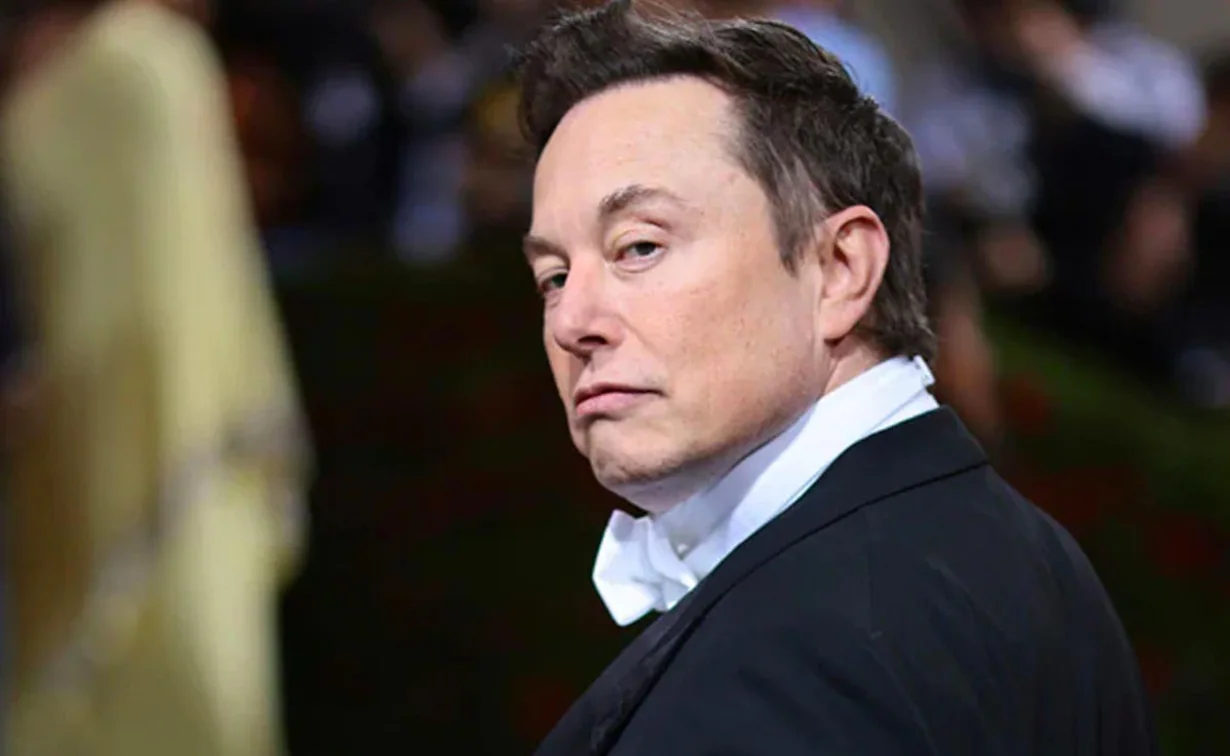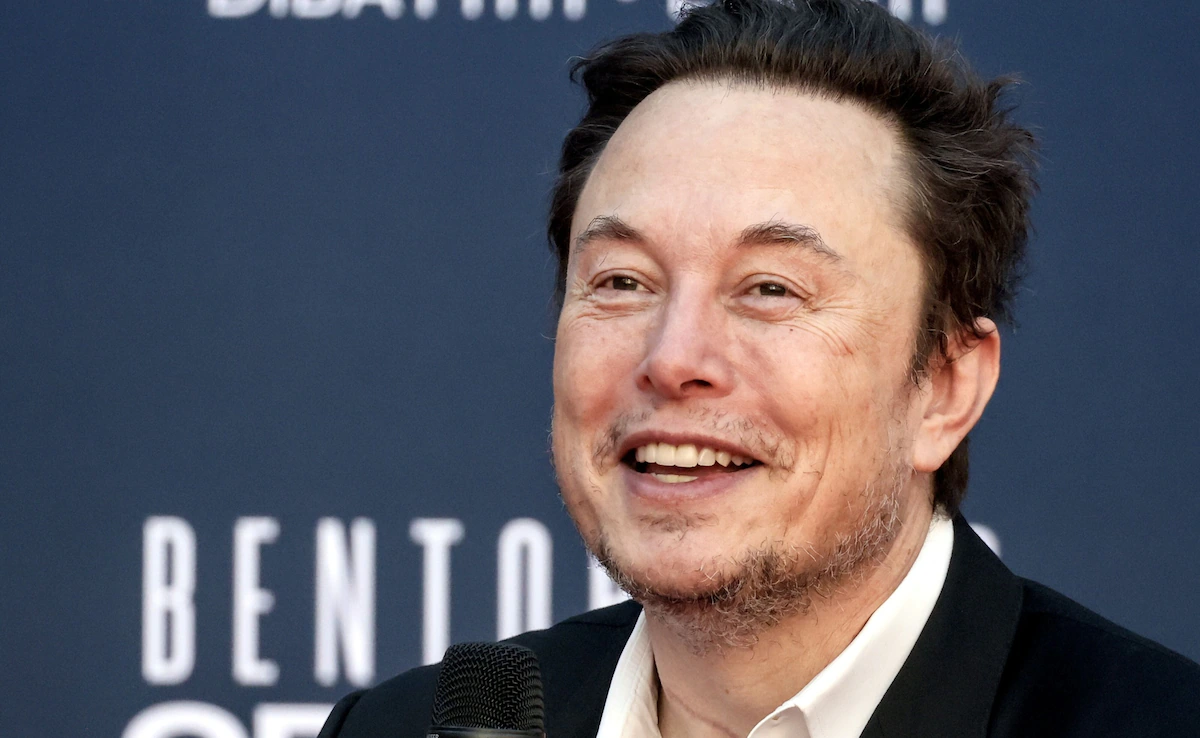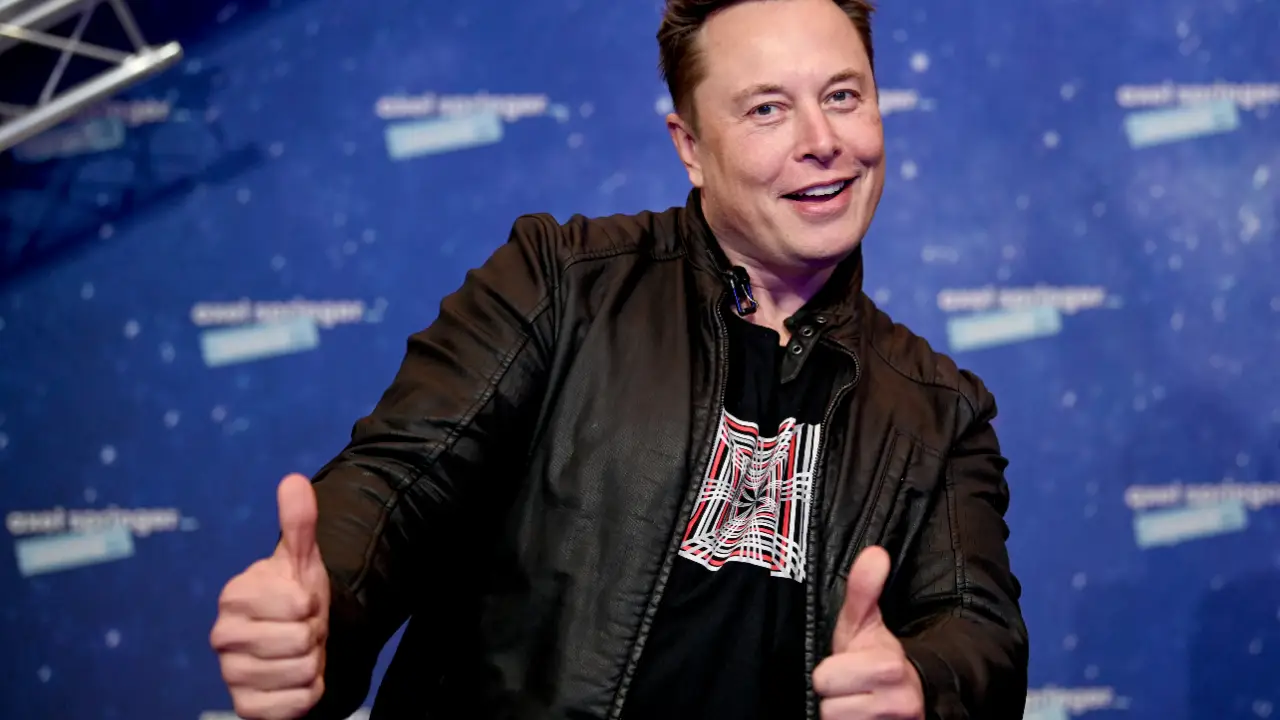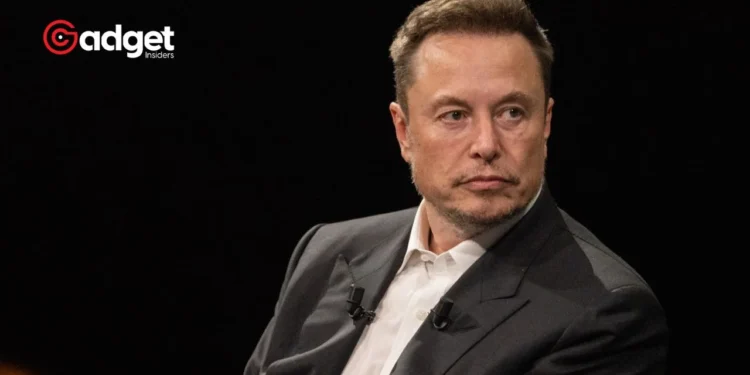Elon Musk, the renowned CEO of Tesla and SpaceX and a self-proclaimed “free speech absolutist,” finds himself at the center of a contentious legal battle with a Brazilian Supreme Court Justice. This conflict underscores the ongoing tension between global digital platforms and national jurisdictions, particularly in the realm of free speech and misinformation.
In a dramatic turn of events, Justice Alexandre de Moraes has initiated an investigation targeting Elon Musk for his alleged involvement in the dissemination of fake news and potential obstruction related to his social media platform, X (formerly Twitter).
The inquiry comes at a critical time as Brazil grapples with the influence of digital militias and far-right networks that thrive on social media.

Elon Musk: A ‘Free Speech Absolutist’ in the Eye of the Storm
Since acquiring Twitter in 2022, Elon Musk has radically transformed the platform’s landscape, reinstating accounts associated with controversial figures and groups, including conspiracy theorists and extremists.
His actions have sparked a fierce debate over the balance between free speech and harmful misinformation. Critics argue that Elon Musk’s approach to free speech often aligns with a political agenda, favoring voices from the far right.
Elon Musk’s bold statements against what he perceives as censorship have brought him into direct conflict with Brazilian authorities, who enforce stricter speech regulations.
This clash escalated when Elon Musk publicly challenged Justice de Moraes, referring to him as “Brazil’s Darth Vader,” a comment that highlights the intense personal and political stakes involved.
What to know about Elon Musk's 'free speech' feud with a Brazilian judge https://t.co/g1XpWO6ucl
— The Associated Press (@AP) April 12, 2024
The Role of Justice Alexandre de Moraes: Guardian of Brazilian Democracy
Justice de Moraes has become a pivotal figure in Brazil’s efforts to combat misinformation and protect its democracy. Known for his direct and assertive manner, de Moraes has spearheaded investigations against key political figures and movements that threaten the democratic fabric of the nation.
His recent actions include ordering major social media platforms to block users accused of inciting anti-democratic activities, a move that has intensified the debate over judicial overreach and free speech rights in Brazil.
The justice’s relentless pursuit of digital militias and their enablers reflects his commitment to maintaining order and legality, especially following the tumultuous events spurred by misinformation, such as the attack on government buildings in January 2023.

Musk’s Influence and the Future of X in Brazil
Elon Musk’s involvement in Brazilian politics, particularly his interactions with far-right groups on X, has drawn significant attention.
His decision to republish posts from X’s Global Government Affairs that question the actions of Brazilian justices has not only put him at odds with Brazilian law but also risks the platform’s financial viability in the country.
The legal ramifications for Elon Musk and X are profound. With potential fines and even suspension on the horizon, the platform’s strategy in Brazil will be crucial in determining its future operations and influence.
Legal experts, like Filipe Medon, emphasize that while fines are manageable for a billionaire like Musk, they could escalate to more severe penalties, including the suspension of X in Brazil.

A Pivotal Moment for Free Speech and Global Platforms
As the situation unfolds, the world watches closely. This case represents a pivotal moment in the ongoing global conversation about the responsibilities of social media giants in regulating content while respecting free speech.
The outcome of Musk’s legal entanglements in Brazil could set a precedent for how digital platforms engage with national laws and contribute to political discourse, potentially reshaping the landscape of social media governance worldwide.
The confrontation between Elon Musk and Justice Alexandre de Moraes is more than a legal battle; it is a reflection of the broader challenges facing societies in the digital age. How Brazil navigates these challenges will be telling of the future interplay between technology, law, and democracy.










